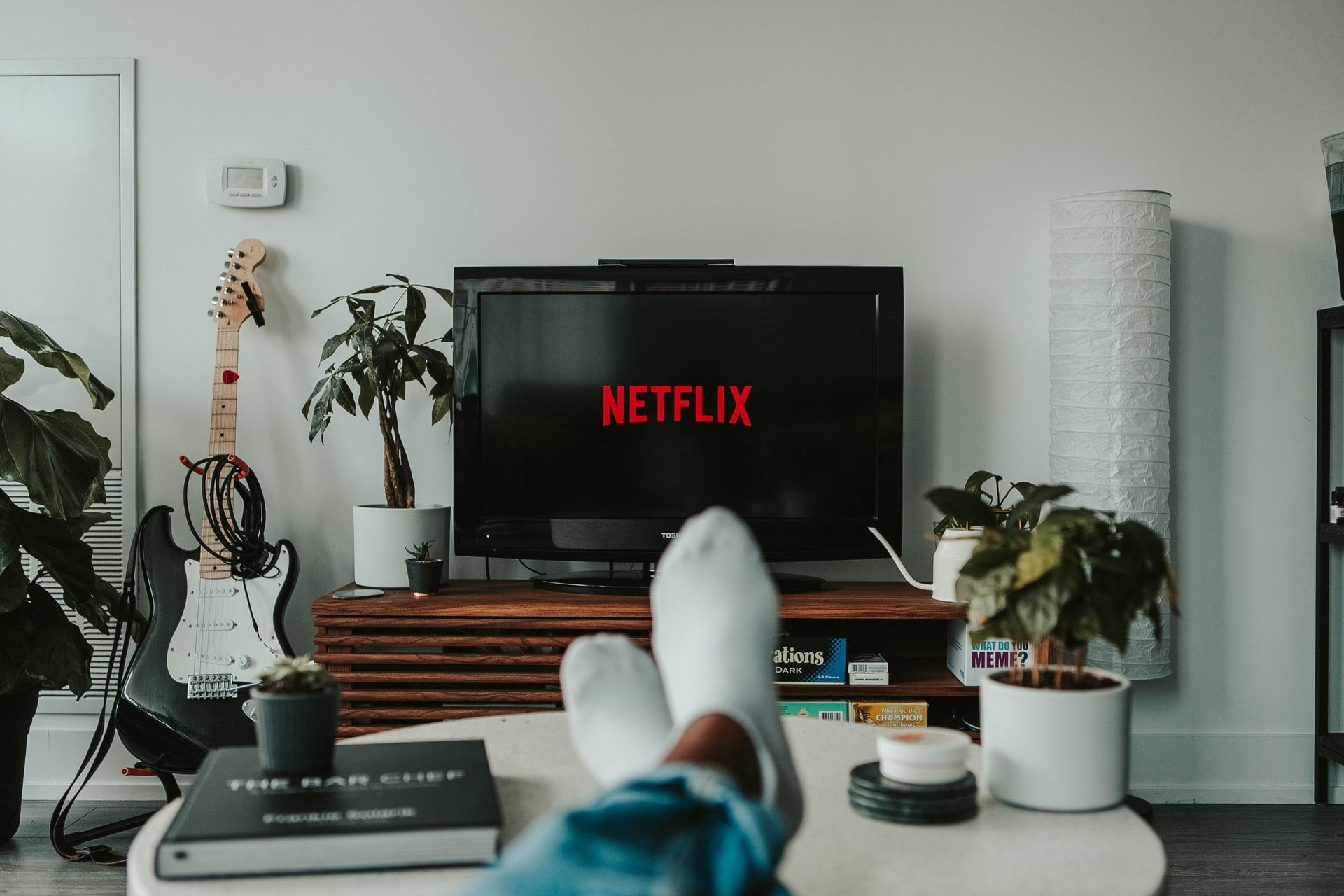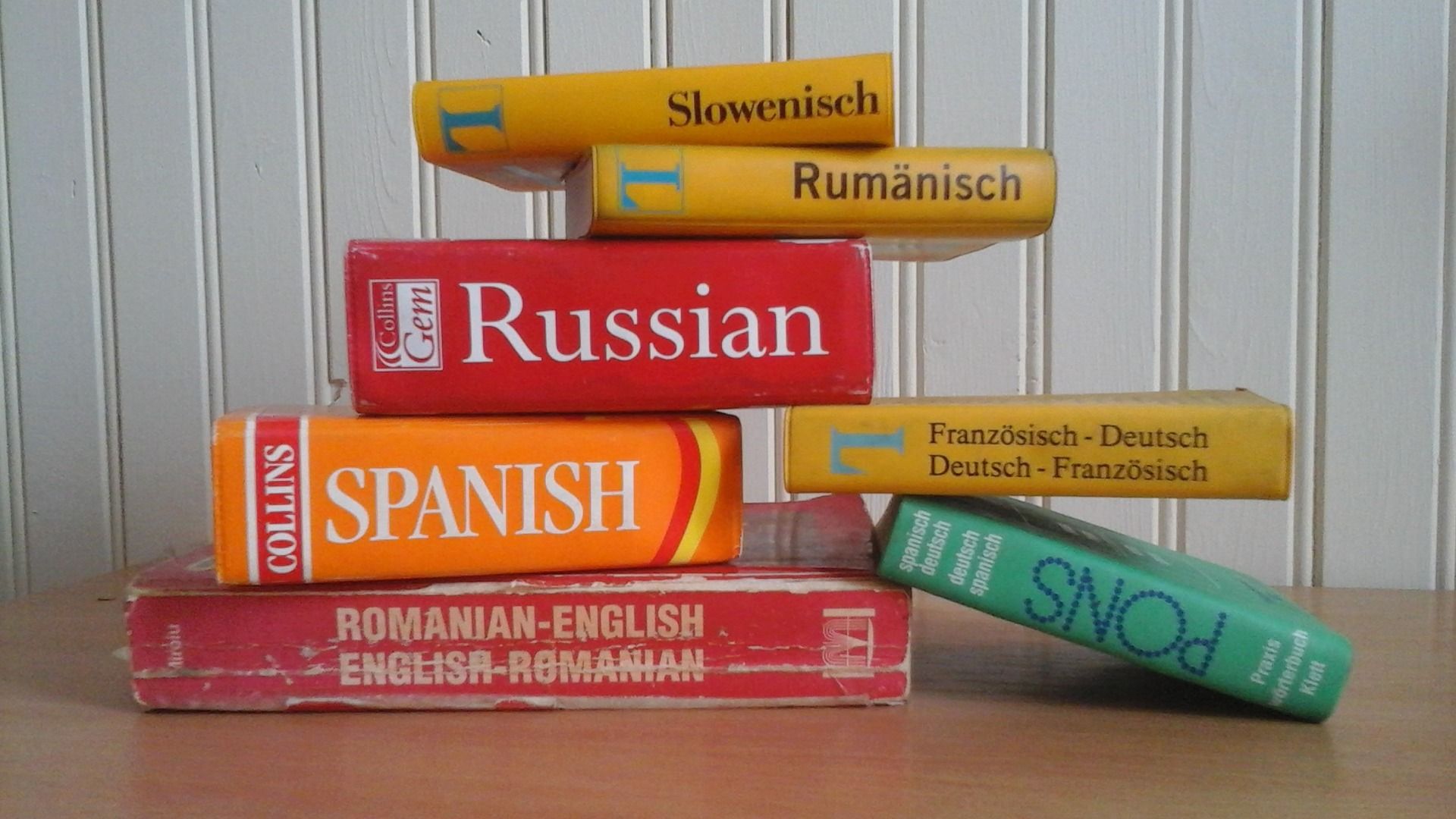The prevailing wisdom seems to be that one of the best ways to get started learning a foreign language is to watch TV or movies in that language.
“If you just keep watching,” say many language wonks, then you’ll eventually start to “pick it up.” But can you learn a language by watching TV, and only watching TV? Absolutely not.
Having practically written the book on the cognitive science of language acquisition, Brainscape explains the two main reasons why you can't really learn a language by only watching TV.
(Pssst! Here are a load of other popular language myths that could be holding you back.)
Why you can't learn a language by watching TV

Reason 1: Language that's beyond your comprehension
Listening to entire conversations or plots in a foreign language, without having some significant language skills as a base, fails to provide an anchor for your learning. The result is hearing a string of gibberish from which little or no actual learning takes place.
If you want to achieve real learning, according to Krashen’s “Input Hypothesis”, the learner must be incrementally exposed to phrases that are just beyond her level of comprehension (Krashen defines this concept as k + 1). This is the equivalent of hearing a sentence in which all words or grammatical concepts are familiar except for just one.
In other words, unless you are watching foreign language cartoons directed at 2 year-olds, chances are that your random TV sessions are not exposing you to the language nearly as incrementally as your brain needs it.
Reason 2: You need to build exposure to a language over time
You can't expect a few movies that take place in the South of France will whip up your French in no time. It takes dedicated practice and consistent exposure to a foreign language over time to really start learning it. Unless you're binging La Casa del Papel for months, you're not going to get any improvement from watching TV.
A better language learning option for beginners
Brainscape, a web and mobile flashcards app for foreign languages, has therefore developed a ground-breaking language-learning technique called Intelligent Cumulative Exposure.
This technique builds sentences from the ground up by teaching only one new word or concept at a time.
In Brainscape, previously seen concepts are progressively repeated according to the learner’s precise confidence level in each one. This pattern of repetition—combined with active recall (rather than ineffective multiple choice exercises)—results in an experience similar to a “perfect” human tutor who gives immediate feedback, explanations, and perfectly-timed reviews of concepts you're having trouble speaking. And we all know that practicing speaking a foreign language is one of the most important early language-learning activities.
So next time you are tempted to just sit in front of a TV and hope to magically absorb a new language, consider trying a more effective and interactive tool such as Brainscape.
TV, Netflix, movies, and YouTube can be a great part of your language learning plan. But save them for when you’re already speaking decently and merely trying to refine your language skills.
It's going to take more than just TV
Can you learn a language by watching TV? You can't if you're going to rely on this technique alone, especially at the lower levels.

After years of research and developing our optimized language-learning curriculum, we've discovered that the best way to learn a language is adopting a healthy balance of real-world exposure, study and practice and using deliberate learning tools.
If you've decided to learn a foreign language, it's pretty overwhelming to decide which study techniques, apps, or combination of approaches is best for you. No stress. Brainscape has created a complete toolkit on how to best learn a foreign language online.
Decide what works for you, keep practicing, and start today.
